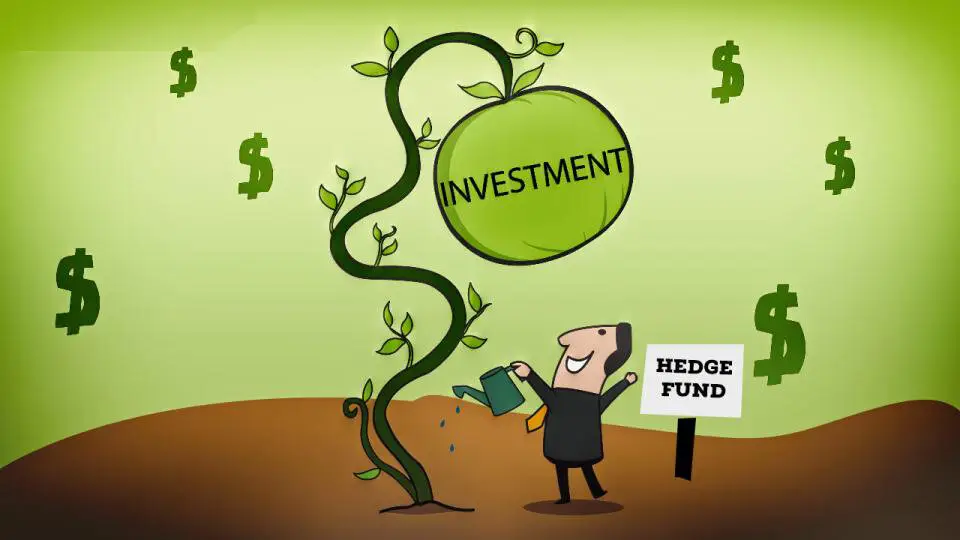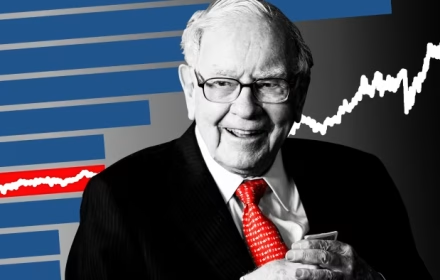Investing is no longer just for Wall Street professionals. Over the past 20 years, the stock market has grown almost fourfold, and access to capital accumulation tools has become widespread.
The best investment books open the door to understanding how wealth grows, how strategies are formed, and how decision-making psychology works in risky conditions. Each edition in this selection teaches how to manage finances and act consciously, avoiding costly mistakes that can destroy a novice investor’s capital.
Best Investment Books: Classics That Are Essential for Strategy
The best investment publications were created by authors who have experienced crises, crashes, and bubbles. Their experience provides practical guidance, not just theoretical reasoning.
“The Intelligent Investor” by Benjamin Graham
This work changed the approach to stock analysis. Graham introduced the concept of “margin of safety”: buying companies below their real value protects capital during turbulent times. The author’s principles laid the foundation for Warren Buffett’s strategy. For novice investors, this is a common-sense textbook in a market where emotions often override logic.
“One Up On Wall Street” by Peter Lynch
Lynch shows how to find promising companies by analyzing their products and financial reports. The author earned an average of 29% annually over 13 years managing the Magellan fund. His approach teaches to see investment opportunities where others see the ordinary.
“The Little Book of Common Sense Investing” by John Bogle
The Vanguard founder explains why an index fund allows you to outperform most fund managers. Bogle proved that minimal fees and broad diversification create sustainable capital growth. For novice investors, this is a universal starting point without complex strategies.
Psychology and Mistakes That Destroy Wealth
Finances are not just about numbers. A person’s behavior influences the outcome as much as the choice of stocks or bonds.
“The Psychology of Money” by Morgan Housel
The author analyzes 19 stories about how emotions drive decisions. Housel shows that discipline and a long-term horizon create wealth, not a constant pursuit of high returns.
“Thinking, Fast and Slow” by Daniel Kahneman
The Nobel laureate explains why the brain deceives investors. The book teaches how to avoid cognitive traps: overconfidence, fear of losses, and following the crowd.
Modern Challenges: Cryptocurrency, New Markets, and Changing Rules
The market is no longer limited to stocks and bonds. Cryptocurrency and technological companies are setting new trends.
“Digital Gold” by Nathaniel Popper
Popper tells the story of Bitcoin and the people who created the first global cryptocurrency. The publication shows how innovations are changing the financial system and forcing investors to rethink their strategies.
“The Little Book of Common Sense Investing” by John Bogle
The edition explains how to combine classic instruments—index funds, bonds, stocks—with the new digital landscape. The book teaches how to preserve capital amidst volatility and the emergence of new assets.
How to Choose the Best Investment Books for Beginners
For beginners, it’s important not to waste time on random advice but to rely on proven sources of knowledge from the start. A smart choice of literature helps build an understanding of the market step by step—from basic principles to complex capital management strategies.
List of guidelines for choosing literature:
- Books that delve into fundamental analysis (Graham, Lynch);
- Publications explaining index fund strategy (Bogle, Malkiel);
- Works on investor psychology (Housel, Kahneman);
- Guides on personal finance management and capital formation;
- Books on financial literacy from professionals offering practical recommendations;
- Latest research on cryptocurrencies and digital assets;
- Top investment bestsellers that have stood the test of time.
Long-Term Growth and Capital Protection
The best investment books teach thinking decades ahead. Burton Malkiel in “A Random Walk Down Wall Street” shows that trying to time the market rarely works, and diversification through an index fund protects against individual company failures. Jack Bogle explains that fees reduce returns more than most realize. Peter Lynch advises investors to understand companies’ businesses deeper than just news about stock prices.
Finances Without Illusions: Building Wealth
Financial literacy builds resilience. Books on financial literacy from professionals teach controlling expenses, creating reserves, and investing systematically. Simple principles—living below your means, directing savings into stocks and bonds, utilizing tax advantages—lay the foundation for capital growth. Top investment bestsellers confirm that wealth is built not through risky deals but through consistency.
Practice: Beginner’s Strategy
A novice investor can start with three steps: study the basics through the best investment publications, build a portfolio of index funds and bonds, gradually add individual stocks. This approach reduces risks, fosters discipline, and teaches to avoid emotional decisions.
Conclusion
The best investment books turn the chaos of the market into a comprehensible system. They teach managing finances, understanding psychology, choosing a strategy, and building capital for decades ahead. Information from these publications protects against impulsive decisions, helps evaluate stocks and bonds, understand cryptocurrency risks, and build wealth without illusions.
 en
en  ru
ru  de
de  ar
ar  es
es  hi
hi  fr
fr  nl
nl  it
it  pt
pt  el
el 









